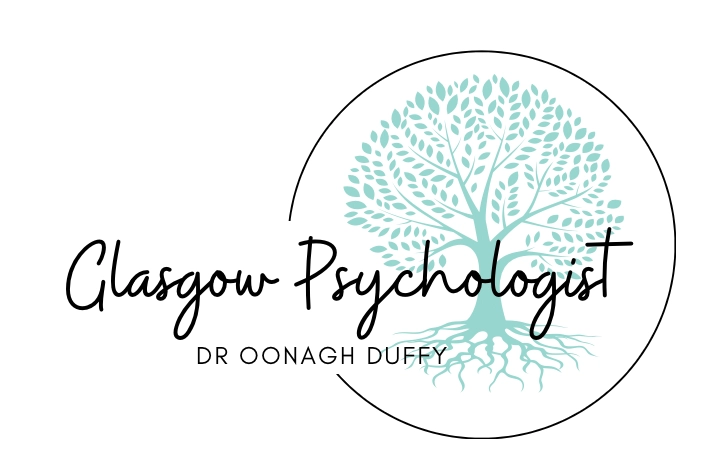What is Acceptance and Commitment Therapy?
Acceptance and Commitment Therapy is often referred to as ACT. Similarly to Cognitive Behavioural therapy (CBT), it is a talking therapy which focuses on your experience of difficulties in the here and now. Like CBT, ACT is a short term therapy and can help alleviate symptoms of depression and anxiety in around 6-10 sessions.
The main difference between ACT and CBT is that the focus is not about challenging thoughts (like CBT), but instead in learning to relate differently to your thoughts. So in learning ACT, you will be taught how to notice what thoughts you are experiencing ("I notice I'm having a thought that I can't cope"), what happens to you when you struggle with your thoughts ("I keep trying to push this thought away but it keeps coming back which only frustrates me more"), and from this point you will practice other ways of responding to your thoughts to reduce the distress they cause you.
The core focus of ACT is about helping you to live a rich and meaningful life in spite of suffering. It normalises suffering as a natural part of life and supports you to learn strategies to accept, and make room for difficult thoughts and feelings, rather than struggling with these feelings. It focuses on clarifying what you want to get out of life, who you want to be, and helping you to take steps closer to your values, even in times of suffering. So it is not about waiting to feel better to live life, but to live a meaningful life whilst making space for difficult thoughts and emotions that you might experience along the way. By focusing on what you can control, and what brings you joy, you can experience improvements in your mood.
The main techniques used in ACT include mindfulness, defusion strategies, acceptance techniques, clarification of values, and strategies to help you to take effective action towards values-based living.
Some benefits of ACT include:
- Learning how unhook and mindfully notice negative thoughts and feelings instead of trying to avoid or eliminate them
- Discovering what is really important in your life and how to prioritise your values
- Learning how to step back from worrying about things beyond your control and committing to actions that will improve your life
- Understanding that our experiences of distress are natural responses and part of being human






